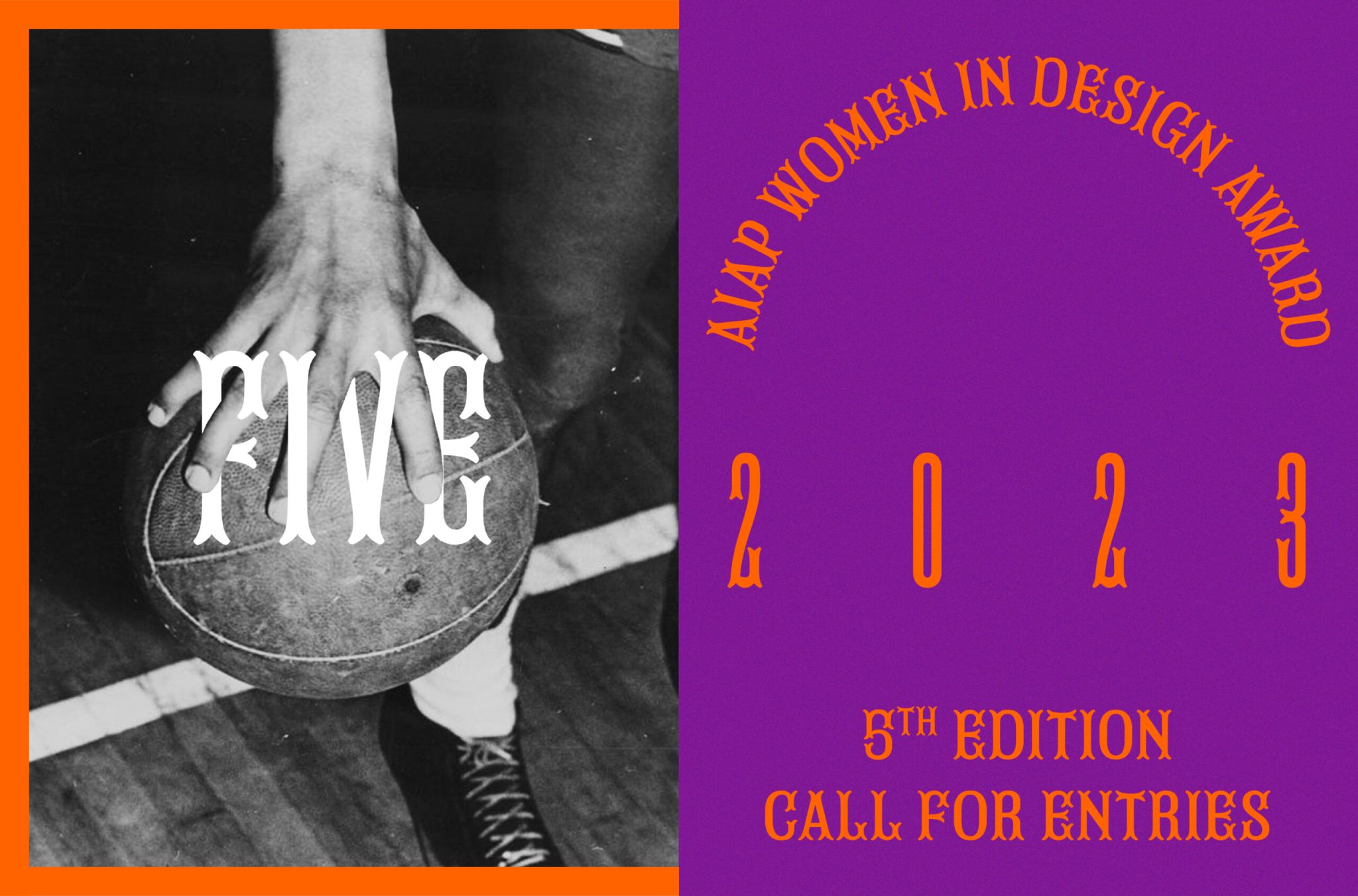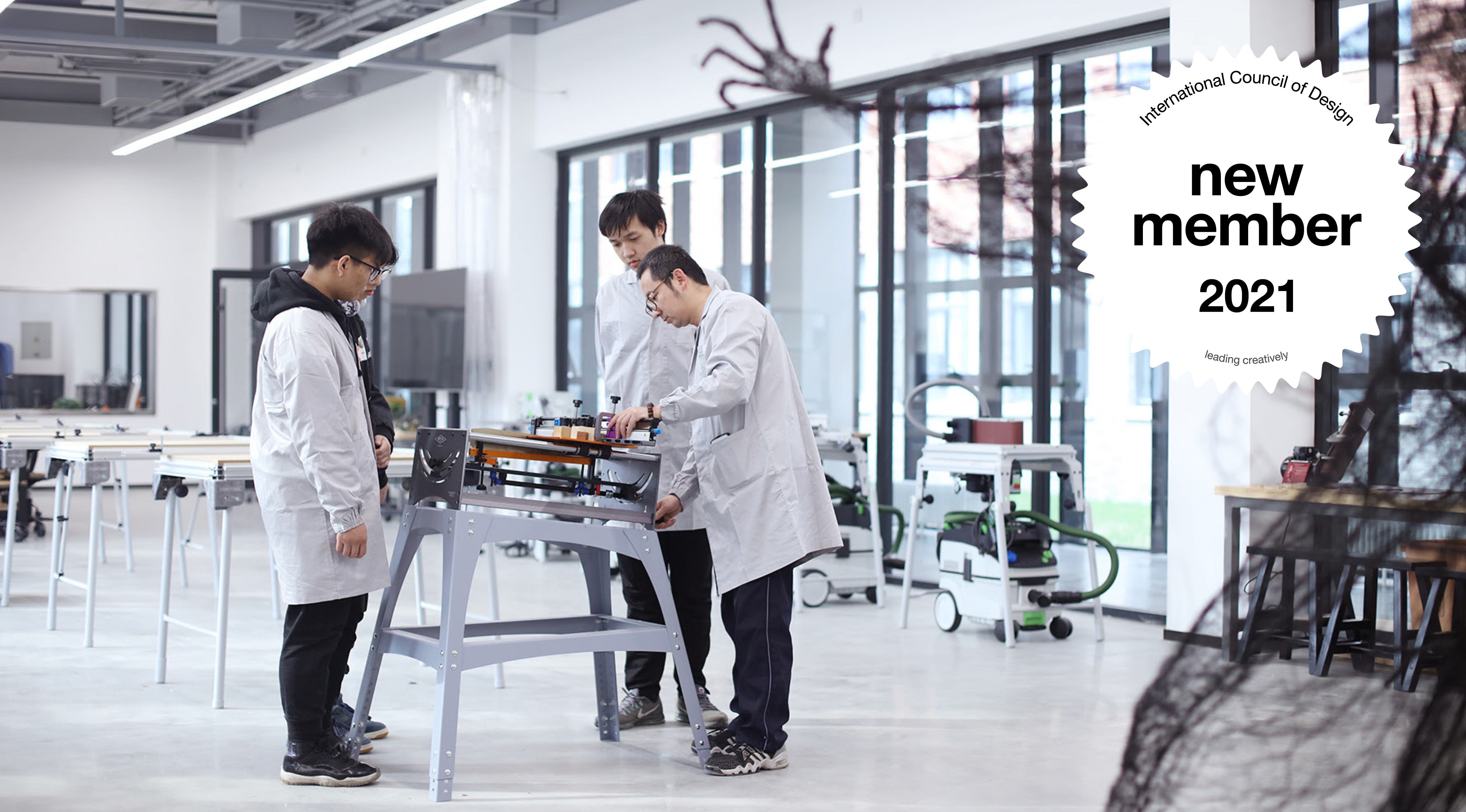CABE and the Design Council to merge

10.02.2011 News
London (United Kingdom) - The and CABE (Commission for Architecture and the Built Environment) have confirmed that they are to merge key design activities from 1 April, following an agreement reached by the two bodies and government.
The move will bring together two world-class centres of design excellence to speak with one voice and support a broad spectrum of design, architecture and public space and place it at the heart of social and economic renewal.
It will provide a 'one stop shop' for design support and advice to industry, communities, central and local government encompassing a range of services already provided by both the Design Council and CABE, including:
The Design Council name and status as a Royal Charter charity will be unaffected, and the organisation will cease to be a Non-Departmental Government Body (NDPB) from 1 April, as set out in the government's recent Public Bodies Review.
Commenting on the joining of the organisations, Chair of the Design Council Lord Bichard said: "Now more than ever we need design at the heart of social and economic renewal, and a strong message about design in all its forms. I am looking forward to working with our colleagues at CABE and with a wide range of industry partners to make this a success."
Chair of CABE, Paul Finch also welcomed the move, saying: "This very positive move will place architecture at the heart of the economy as a driver for competitive businesses and places. I am very much looking forward to the combined expertise of our two organisations coming together to achieve that."
The move will also mean a saving of public money, by combining some of the activities of two public bodies into one independent charitable organisation with scope for additional industry investment. The new organisation will continue to be financed through a combination of sources, as has been the case for the last few years, including grants from the Department for Business Innovation and Skills (BIS) and the Department for Communities and Local Government (DCLG).
Voicing his support for the merger, Grant Shapps, the Minister of State for Housing & Local Government said: "I want local residents themselves to have a much greater say over how their communities are designed. By merging these elements of the Design Council and the Commission for Architecture and the Built Environment, we can continue to improve the local support that is available for people to do this, and build on the strong track record in offering mentoring, training and support.
"This merger, which has the support of leading experts in the field, will not only mean the excellent work the Commission has already undertaken can continue, but will also ensure that every taxpayer's pound spent on improving design is spent wisely and efficiently."
A new governance structure for the Design Council will also be put in place to equip the new organisation to deliver its new broader remit from 1 April. This will include a significantly expanded council drawn from a range of disciplines and specialisms in design, government, business and education which reflects the Design Council's expanded remit in architecture and the built environment.
The Design Council will be consulting with CABE staff in the coming weeks to finalise the roles which will continue to deliver the Design Review services, as part of the new organisation. These will be confirmed, along with the new organisational structure for the Design Council when staff consultations in both organisations have been completed.
For more information, please contact:
Nigel Campbell
Head of Communications
Design Council
T: 07825 442 339 / 0207 420 5282
E: nigel.campbell@designcouncil.org.uk
Stella Bland
Head of Communications
CABE
T: 07739 237148 / 020 7070 6766
E: sbland@cabe.org.uk
www.designcouncil.org.uk
www.cabe.org.uk
The move will bring together two world-class centres of design excellence to speak with one voice and support a broad spectrum of design, architecture and public space and place it at the heart of social and economic renewal.
It will provide a 'one stop shop' for design support and advice to industry, communities, central and local government encompassing a range of services already provided by both the Design Council and CABE, including:
- Design Review, which provides expert advice to councils, developers and communities through reviews of major proposed projects both at a national and local level
- Promoting the value of good building and spatial design to businesses and communities and, in particular, facilitating well-designed new homes and neighbourhoods
- Mentoring and advice to businesses, public services and university technology offices on the strategic use of design, from a national team of expert design strategists
- High profile design challenges which bring together the best in design, manufacturing and services to develop and introduce innovative solutions to national issues in health, security and sustainability
The Design Council name and status as a Royal Charter charity will be unaffected, and the organisation will cease to be a Non-Departmental Government Body (NDPB) from 1 April, as set out in the government's recent Public Bodies Review.
Commenting on the joining of the organisations, Chair of the Design Council Lord Bichard said: "Now more than ever we need design at the heart of social and economic renewal, and a strong message about design in all its forms. I am looking forward to working with our colleagues at CABE and with a wide range of industry partners to make this a success."
Chair of CABE, Paul Finch also welcomed the move, saying: "This very positive move will place architecture at the heart of the economy as a driver for competitive businesses and places. I am very much looking forward to the combined expertise of our two organisations coming together to achieve that."
The move will also mean a saving of public money, by combining some of the activities of two public bodies into one independent charitable organisation with scope for additional industry investment. The new organisation will continue to be financed through a combination of sources, as has been the case for the last few years, including grants from the Department for Business Innovation and Skills (BIS) and the Department for Communities and Local Government (DCLG).
Voicing his support for the merger, Grant Shapps, the Minister of State for Housing & Local Government said: "I want local residents themselves to have a much greater say over how their communities are designed. By merging these elements of the Design Council and the Commission for Architecture and the Built Environment, we can continue to improve the local support that is available for people to do this, and build on the strong track record in offering mentoring, training and support.
"This merger, which has the support of leading experts in the field, will not only mean the excellent work the Commission has already undertaken can continue, but will also ensure that every taxpayer's pound spent on improving design is spent wisely and efficiently."
A new governance structure for the Design Council will also be put in place to equip the new organisation to deliver its new broader remit from 1 April. This will include a significantly expanded council drawn from a range of disciplines and specialisms in design, government, business and education which reflects the Design Council's expanded remit in architecture and the built environment.
The Design Council will be consulting with CABE staff in the coming weeks to finalise the roles which will continue to deliver the Design Review services, as part of the new organisation. These will be confirmed, along with the new organisational structure for the Design Council when staff consultations in both organisations have been completed.
For more information, please contact:
Nigel Campbell
Head of Communications
Design Council
T: 07825 442 339 / 0207 420 5282
E: nigel.campbell@designcouncil.org.uk
Stella Bland
Head of Communications
CABE
T: 07739 237148 / 020 7070 6766
E: sbland@cabe.org.uk
About the Design Council
As one of the world's leading design institutions, the Design Council is a centre of new thinking and insight into new ways to do business. It actively shows how design can help build a stronger economy and improve everyday life through practical demonstrations and by supporting private industry and the public sector. In turn it invests in the future of UK design.www.designcouncil.org.uk
About CABE
CABE is the Commission for Architecture and the Built Environment. It was created to help decision-makers and professionals to create great buildings, places and spaces, and inspire public demand for good design.www.cabe.org.uk

relatedarticles
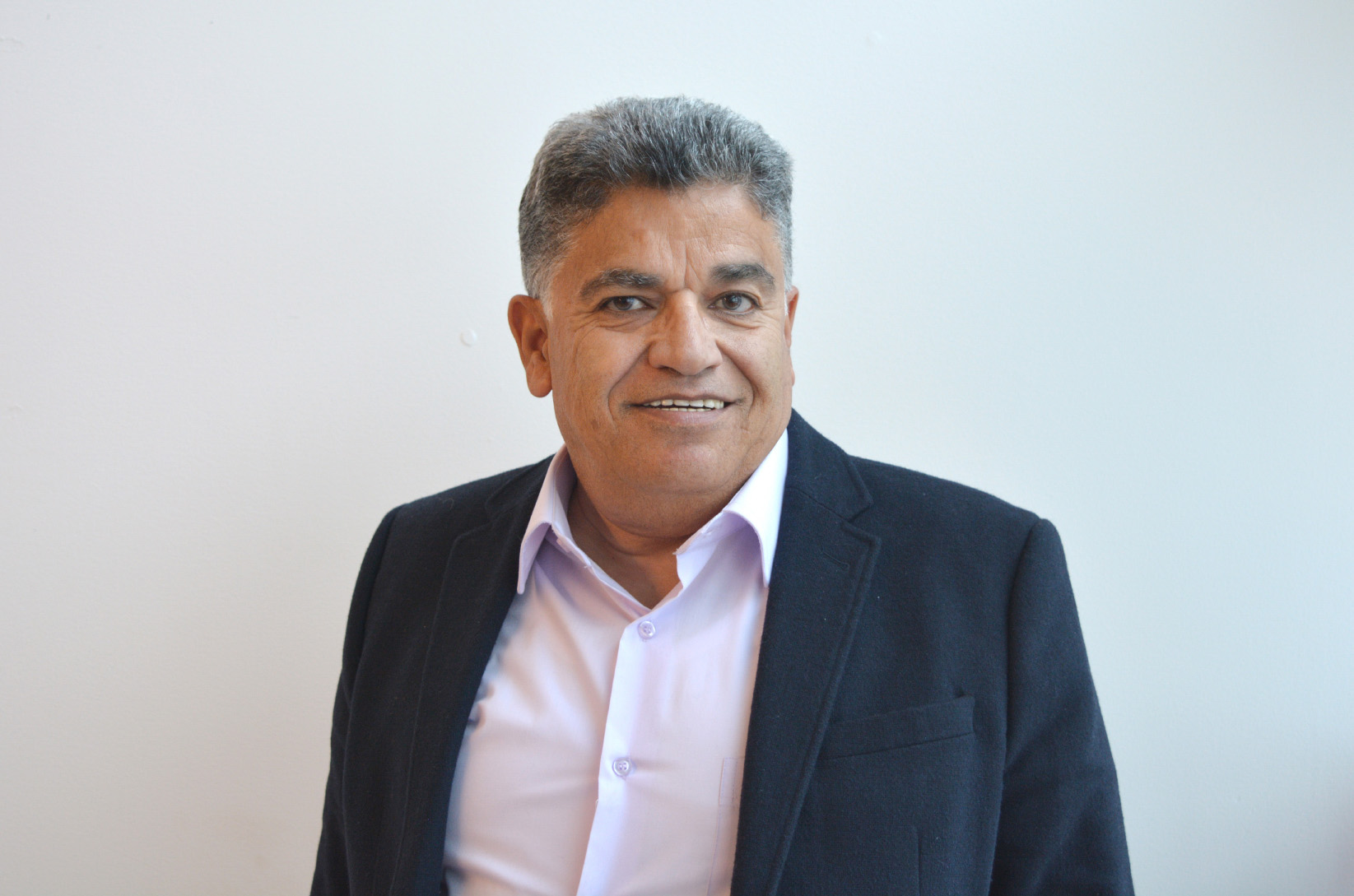
04.05.2021 News
in memoriam: essam abu awad (1958-2021)
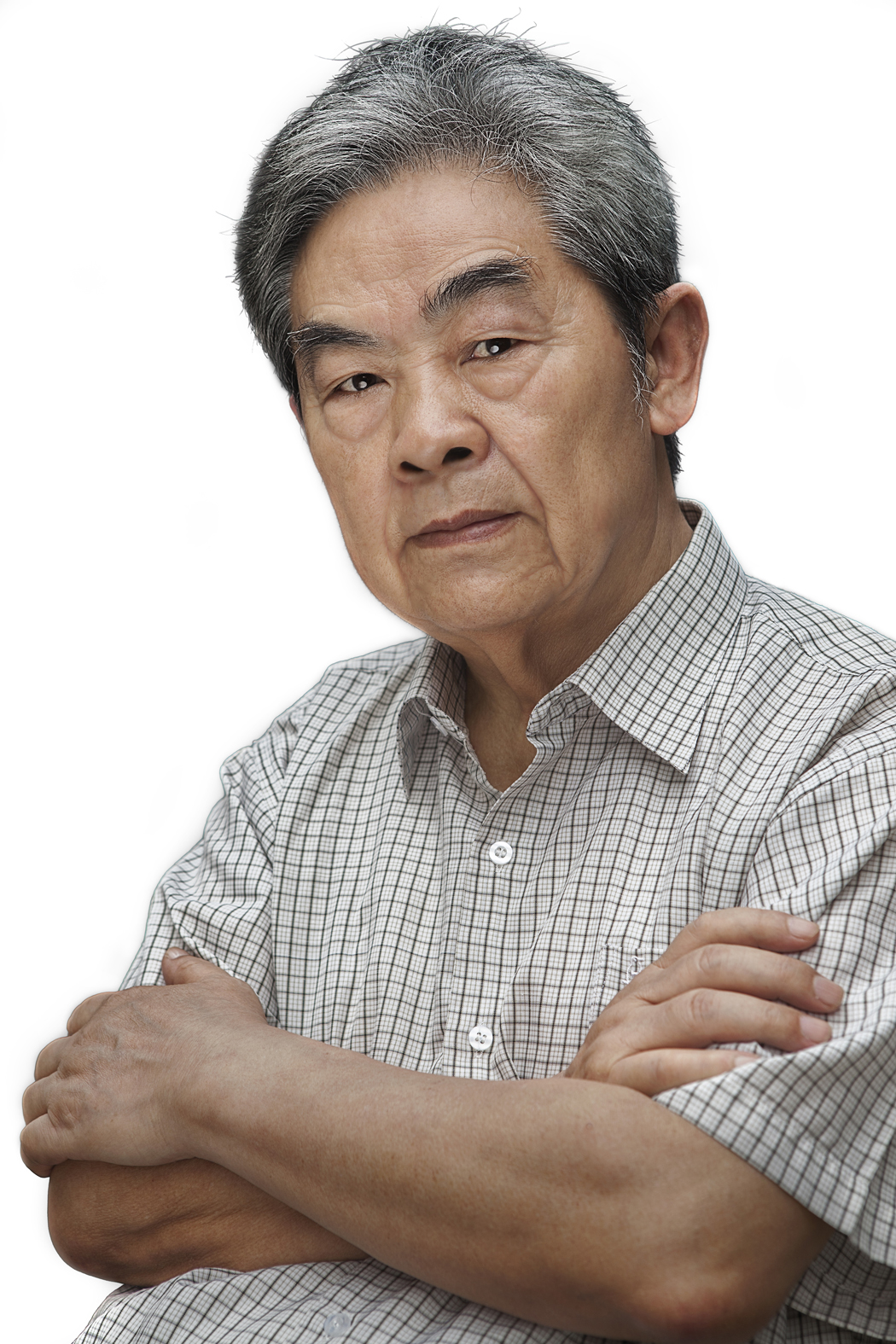
10.16.2020 News
in memoriam: yu bingnan (1933–2020)
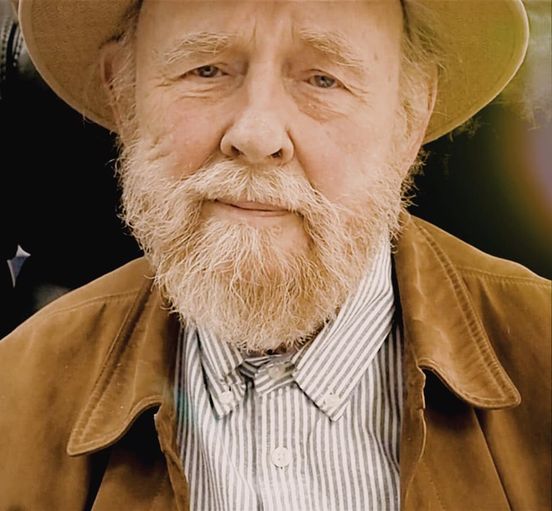
10.02.2020 News
